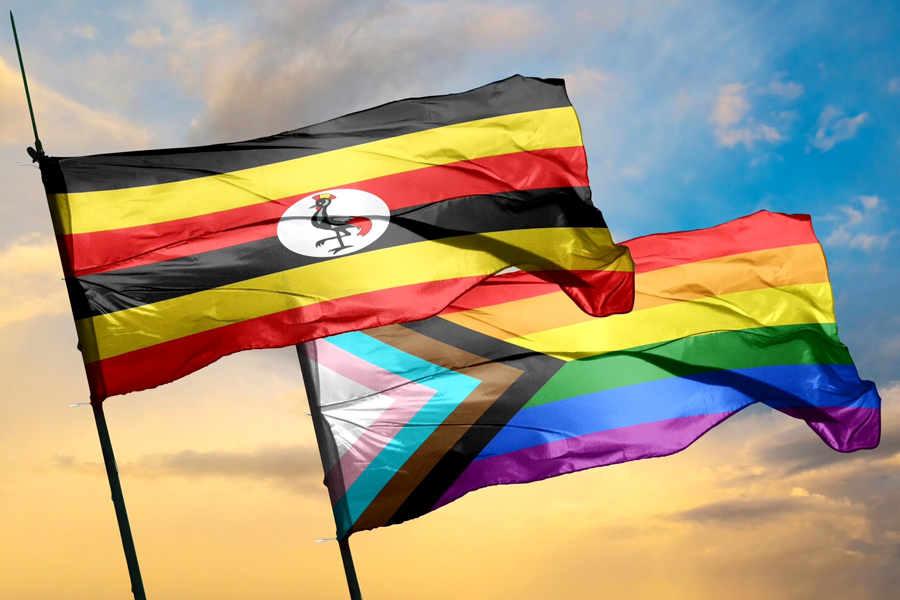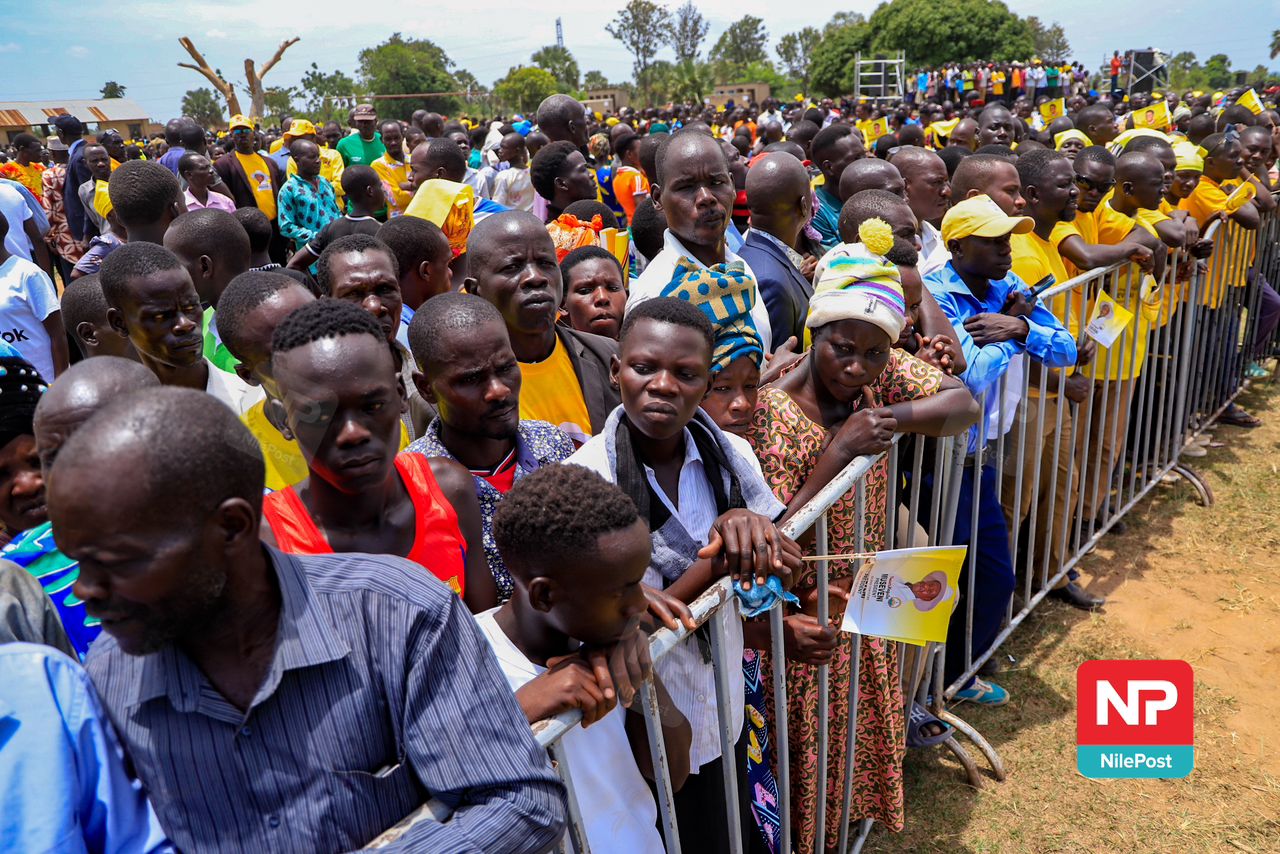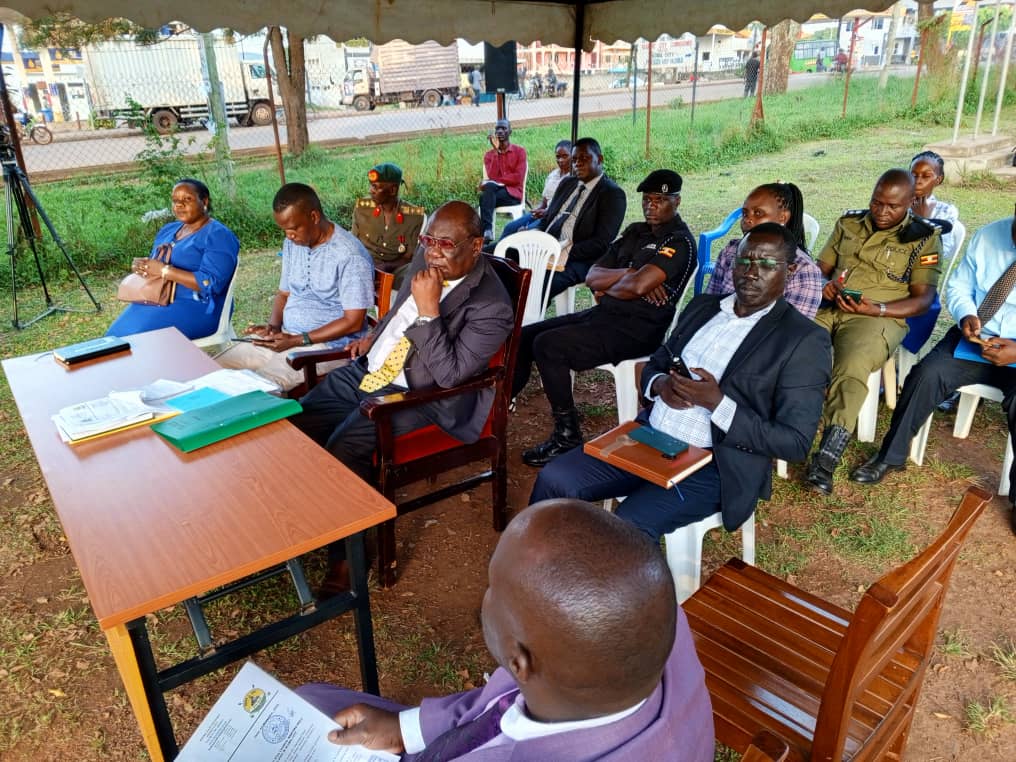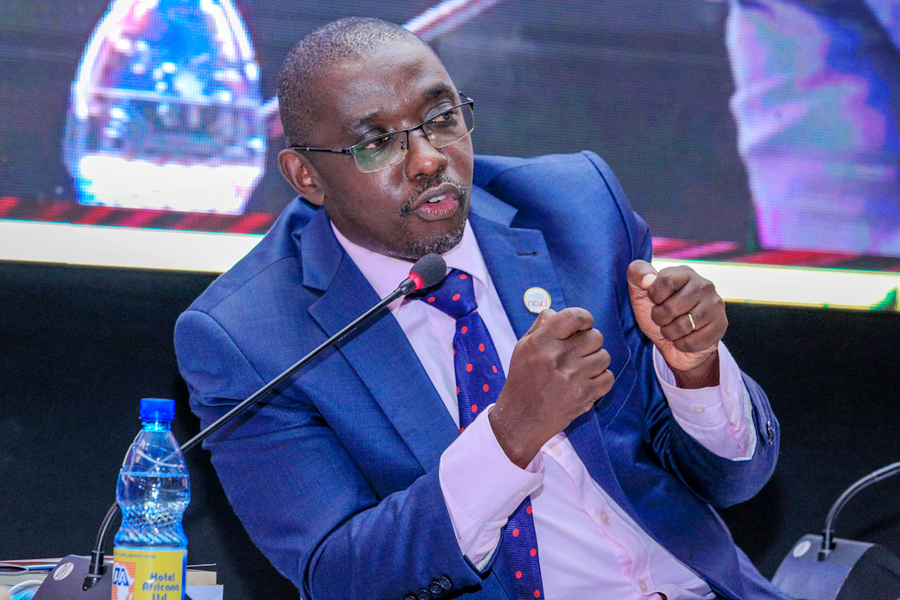The EC, not courts, should handle presidential election disputes
By Sam Mayanja
Keep Reading
As elections draw closer, it goes without saying that disputes are bound to arise in respect to the conduct of electoral processes and ultimately the election results.
The election to the high office of the president is only one which assumes a national character where all voters in the country form a single constituency.
The common dispute resolution mechanism option adopted by aggrieved Presidential candidates is to file an election petition.
The Supreme Court decisions over the years have not departed from what can be taken as settled law. Namely that for an aggrieved presidential candidate to successful challenge the presidential candidate declared as the winner by the Electoral Commission, the petitioner must prove that the quantum and quality of evidence is sufficient to satisfy court that the constitutional mandate, of an envisaged free and fair elections, was circumvented.
Further that the Electoral process was qualitatively devoid of merit to be rightly described as a spurious imitation of what an election should be. The doctrine of stares decisis ensures that this position of law shall remain for many years.
The world over, countries have in place election management bodies (EBMs) which have in built disputes resolution systems. The common future of the EMBs, is the responsibility of managing some or all the elements of an election.
These essential elements are namely:- determining who is eligible to vote, receiving and validating the nominations of electoral participants, conducting polling, counting the votes, tallying and tabulating the votes and ultimately announcing the results.
All over the world the powers and functions of election management bodies (EMBs) like that of Uganda’s EC are expressed in legislation. There are three main types of EMBs namely; the Government model of election management, the independent model of independent and the mixed model.
Under the Government model, elections are organized and managed by the Government through a ministry or other executive arm.
The Government appoints the members of such an EMB and the activities of EMB are funded by the Government itself. This model is used in Denmark, Singapore, Switzerland, the UK and the United States.
Under the independent model, elections are organized and managed by independent and autonomous organisations or bodies.
These independent bodies manage their own budget and they are not accountable to any Government Ministry or department. They may however be accountable to the legislature, judiciary or the Head of State.
The mixed model usually has features of both Government and the independent body, one linked to Government and the other being independent and autonomous.
Under this model the component linked to Government is in charge of organising the elections for instance receiving applications by candidates, nomination of candidates, and creating a timeline for the different election events.
The second component on the other hand is in charge of verifying the implementation of these electoral events, supervising the elections as well as tallying results. The independent component may even have the powers to handle disputes relating to election results after they have been tallied and announced.
The Uganda election model can be described as independent. The Electoral Commission in Uganda is self accounting, and not subject to the direction or control of any person or authority. The Constitutional and the Electoral Commission Act provide for different mechanism through which disputes maybe resolved.
The EC has powers to resolve complaints related to any irregularities discovered in the process before and during polling. These processes include but not limited to; nominations, campaigns, distribution of voting materials, voting, counting of votes, tallying and declaration of results.
Unfortunately aggrieved Presidential candidates in Uganda have not availed themselves of the available opportunity to lodge their complaints to the EC for resolution but instead, parties have waited for elections to end and when a winner has been declared.
It is trite law is that where a duty is imposed on a body to carryout certain duties, there is a legal assumption that what was done was carried out correctly.
This is buttressed by the position of law that where no election petition has been filed by the unsuccessful candidates, the presidential candidate declared as winner by the electoral commission becomes the president.
This position is strengthened in Tanzania where the presidential election results declared by the independent national commission cannot be challenged in the Courts of law.
Uganda should strengthen the independence of the electoral commission by adopting the Tanzania legal position.
A presidential candidate who did not take opportunity of having the disputes settled at the EC during the election processes, should not hold the country in the state of uncertainty waiting for the outcome of the Supreme Court electoral petition.
Once a presidential candidate is declared a winner by the Electoral Commission, no court of law should question that decision-the people have spoken.
The author is a Senior Partner, Kampala Associated Advocates.
smayanja@kaa.co.ug


















